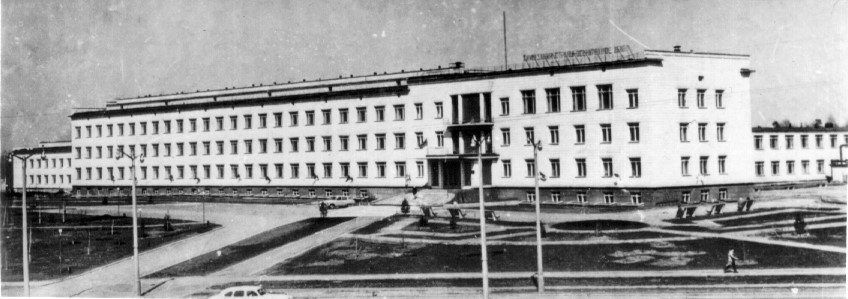
The Institute of Catalysis was founded on July 23, 1958 in the Novosibirsk Academgorodok as a part of the Siberian Branch of the Academy of Sciences of the USSR. The founder and the first director of the Institute was Сorresponding Member of the USSR Academy of Sciences Georgii Boreskov, an outstanding scientist in the field of catalysis and chemical technology. In 1991 the Institute of Catalysis was given his name.

On the photo: Georgii K. Boreskov at the opening ceremony of the BIC’s building (May, 1963)
The well-conceived initial strategy – to combine basic research with the solving of pressing problems of industry – enabled the Institute of Catalysis to become one of the world’s largest research centers in the field of catalysis and allied science within the first 10-15 years. Many of BIC's research and developments are considered to be the significant achievements in the catalytic science.
The Institute has been honored with numerous prizes and awards, including The Red Banner of Labour (1969) for the scientific advance and training of high-skilled scientists, and the Gold Mercury International Award (1980) for the contribution to the international scientific cooperation. In 1994 the status of the State Research Center of Russian Federation was granted to the Institute under the Russian Government Decree.
On March 13, 2019, Boreskov Institute of Catalysis was reorganized into Federal Research Center (FRC) “Institute of Catalysis SB RAS”. FRC is established by joining Boreskov Institute of Catalysis and the Institute of Hydrocarbon Processing Problems SB RAS (now Center of New Chemical Technologies BIC) and Volgograd division of BIC.
Center of New Chemical Technologies (Omsk division) conducts basic and applied research of catalytic transformations of hydrocarbons, develops new efficient catalysts and technologies of chemical processing of hydrocarbons of various genesis, creates functional and compositional materials based on technical carbon.
Volgograd division of Boreskov Institute of Catalysis features the laboratory and pilot industrial facility for testing the technologies of fine organic synthesis.
The new Federal Research Center became the Russia’s largest special research center in the field of chemical catalysis and catalytic processes. The total number of employees of FRC exceeds 1100, with more than 430 researchers, including two Academicians and three Corresponding Members of the Russian Academy of Sciences, more than 60 Dr.Sci. and more than 260 PhD.
FRC Boreskov Institute of Catalysis (BIC) is the unique team of experts in various fields of science and technology successfully solving any catalytic problems – from fundamental research to the design of industrial catalysts and processes. The catalysts, sorbents and catalytic technologies developed in BIC are widely used in Russia and abroad.
The Institute develops the catalysts and technological solutions for the chemical, petrochemical and oil-processing industry, power manufacturing, environment protection, including the catalysts of new generation for the environmentally friendly motor fuels and synthesis of polymer materials, technology for utilizing the associated petroleum gas and decontamination of the industrial wastes.
The researchers in the Institute conduct the studies in the fields of fine organic synthesis, functional nanomaterials, alternative fuels from the renewable sources, hydrogen production and its use as the energy carrier.
The Institute of Catalysis was headed by:
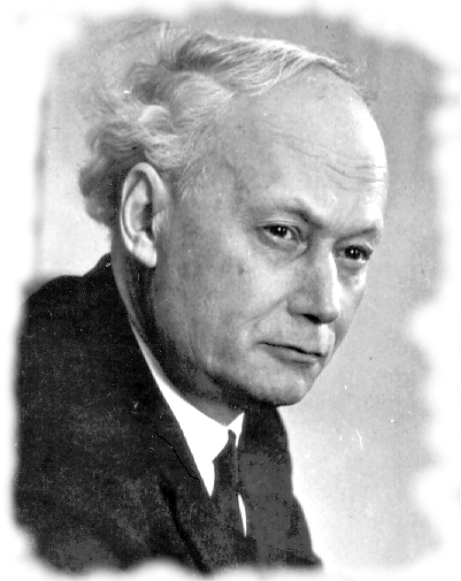 Georgii Konstantinovich Boreskov
Georgii Konstantinovich Boreskov
Academician, founder and director of the Institute (1958 – 1984).
An outstanding scientist in the field of physical chemistry, catalysis and chemical engineering.
«Catalysis is far from the exhausting its capabilities. I have no doubt that fundamental improvements in a number of industries will be made based on catalysis».

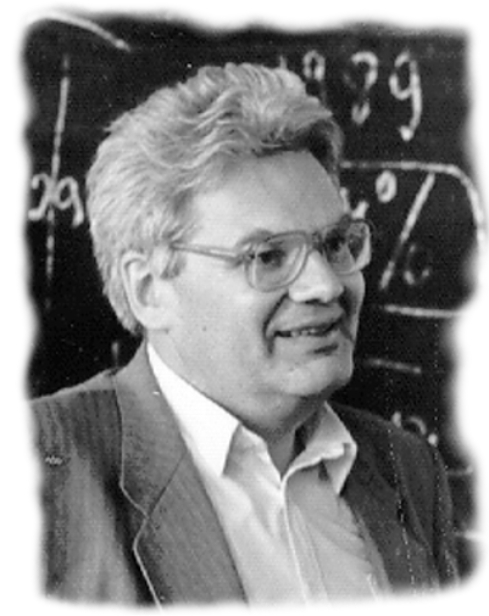 Kirill Ilyich Zamaraev
Kirill Ilyich Zamaraev
Academician, director of the Institute (1984 – 1995).
An outstanding scientist in the field of physical chemistry, catalysis and chemical engineering.
«Without studying the mechanism of catalytic reactions at the atomic-molecular level, progress in practical catalysis is impossible».

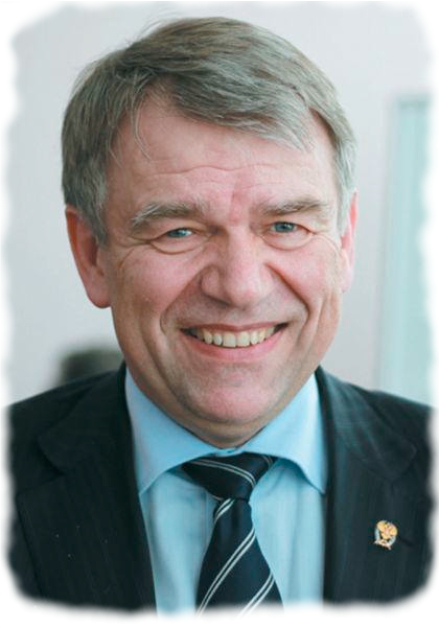 Valentin Nikolaevich Parmon
Valentin Nikolaevich Parmon
Academician, Siberian Branch of the Russian Academy of Sciences Chair, director of the Institute (1995 – 2015).
A prominent specialist in the field of catalysis and photocatalysis, alternative energy sources.
«By creating catalysts and catalytic technologies of the new generation we contribute to the technical progress, environmental safety and economic independence of Russia».

Since 2015 the Institute is headed by Academician Valerii I. Bukhtiyarov, a prominent specialist in the field of physicochemistry of surface, heterogeneous catalysis and functional nanomaterials.
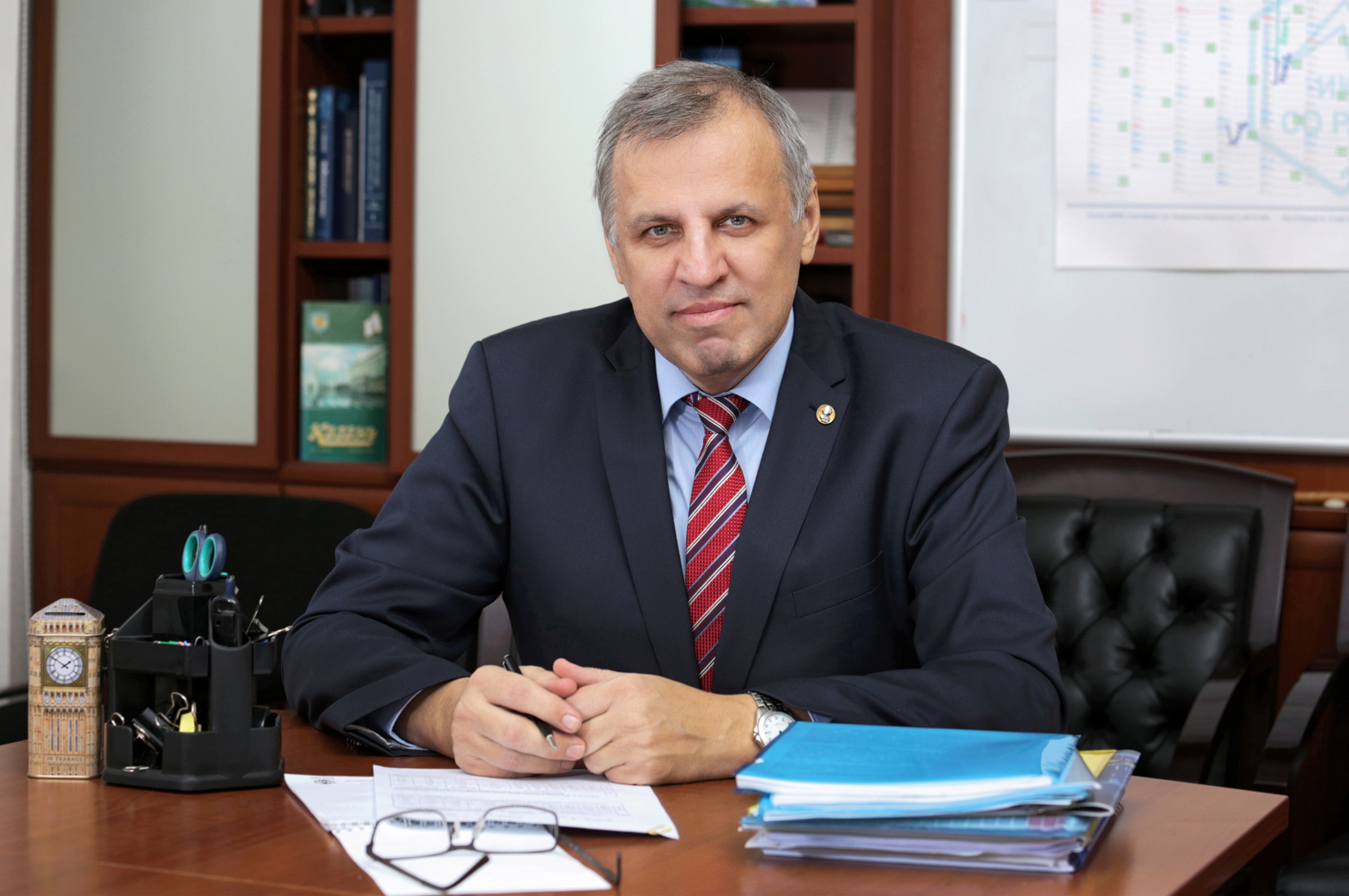
«Catalysis is one of the most high-tech and promising fundamental fields emerging at the crossroads of chemistry, physics, biology, and mathematics. It is directly connected to the solving of many scientific, technological and ecological problems, from large-tonnage chemical industry to the control over the vital biochemical processes in a living cell. All these problems are being successfully solved in our institute. I am sincerely glad and proud that today FRC Boreskov Institute of Catalysis is the flagship of such studies not only in Russia, but on a global scale.» 

Boreskov Institute of Catalysis buildings, 2019